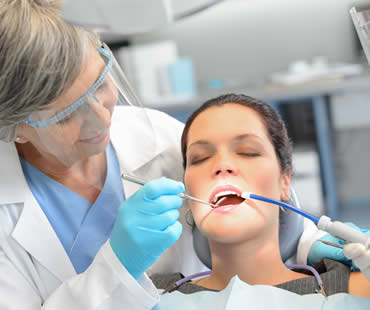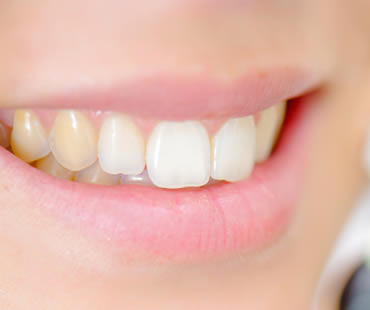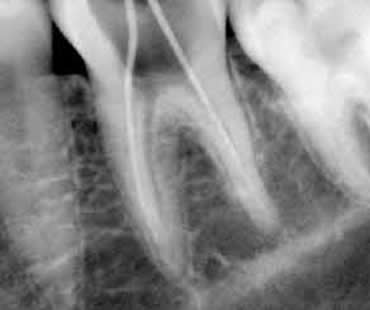Sometimes it is necessary to sedate patients during dental procedures to allow them to be more comfortable and to decrease their anxiety. The two methods that dentists typically use are general anesthesia and IV sedation. Let’s learn the differences between these two types of sedation, and more specifics about most dentists’ preferred method of IV sedation.
IV stands for intravenous, and means the medicine is administered through an injection into the veins. It causes you to become very sleepy and unable to feel pain, but you are aware of what’s happening around you and are even able to follow instructions. On the other hand, general anesthesia requires inhaling sedation gas through a mask. This causes total unconsciousness, so that you are unaware of anything going on around you and experience no pain.
Many dentists prefer IV sedation because you can follow commands if needed, and the medication levels can be adjusted easily depending on your oxygen levels, blood pressure, and pulse. IV sedation does impair you enough that you should arrange help with transportation home after the procedure because you will be groggy, and you may experience some nausea. Other than those possible side effects, there are really no other issues to worry about with this type of sedation. IV sedation is considered to be a safe, fast, and painless type of anesthesia when it is necessary during dental treatment.
Weymouth sedation dentistry
















